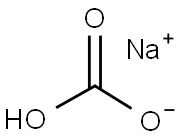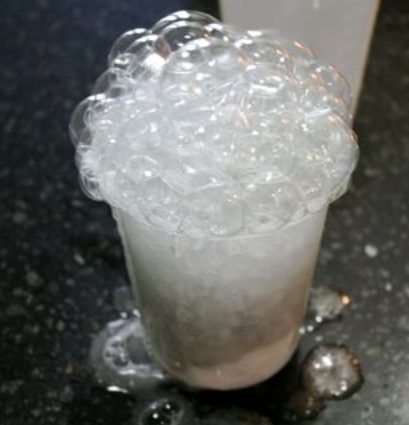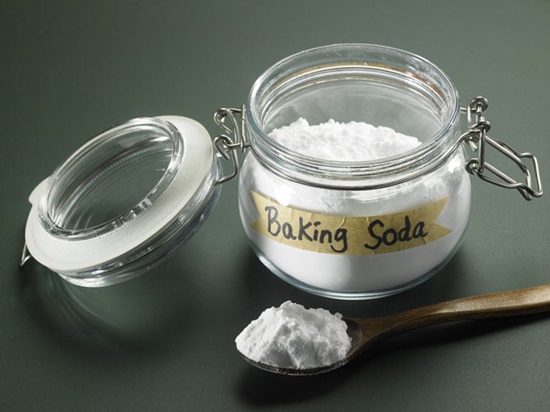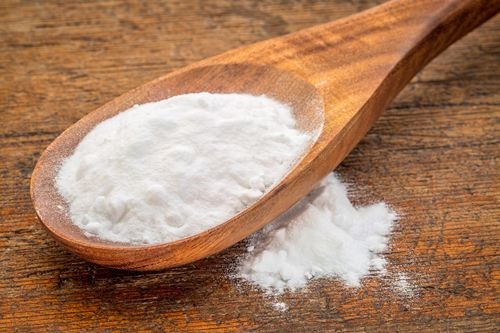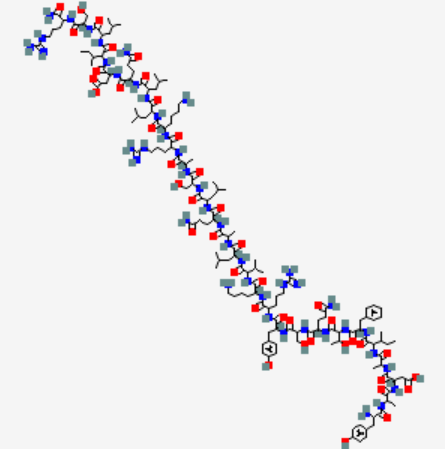What are the medicinal functions and benefits of sodium bicarbonate?
Sodium bicarbonate (NaHCO3 or baking soda, abbreviated as SB), is a weak alkaline compound (pH 8.5) and belongs to the class of antacid drugs, which can be used to relieve heartburn, acidity or acid indigestion by neutralizing excess stomach acid. It can be used clinically to treat the symptoms of gastric or duodenal ulcers.
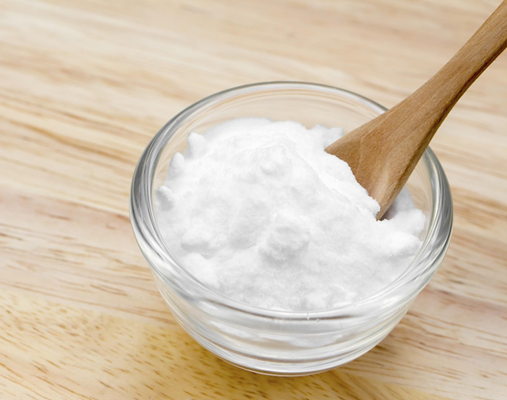
Treatment of metabolic acidosis
Sodium bicarbonate (NaHCO3) is often used to treat severe metabolic acidosis (MA) in patients with cardiac arrest. Metabolic acidosis refers to the accumulation of acid in the body when renal failure or disease causes acid-base imbalance. Although few studies have shown that NaHCO3 may improve the outcome of prolonged CPR, the overall data show that NaHCO3 is associated with lower ROSC rates and outcomes. However, SB is generally used in special circumstances such as hyperkalemic cardiac arrest, severe cardiac toxicity, or tricyclic antidepressant overdose. And researchers do not recommend the routine use of NaHCO3 in patients with cardiac arrest.
Enhances physical fitness and performance in sports
Sodium bicarbonate ingestion increases pH by increasing blood bicarbonate ion (HCO3 −) concentrations, which may be beneficial in sports that rely heavily on anaerobic metabolism. As an alkalizing agent, NaHCO3 improves CrossFit-like performance and has a significant ergogenic effect by increasing blood buffering capacity, allowing greater hydrogen ion (H+) binding, H+/lactate shuttling from working muscle cells, and increasing extracellular pH. In sports practice, supplementation doses typically range from 0.1 to 0.5 g·kg-1BM NaHCO3. The ideal supplementation method appears to be ingestion of a dose of ≥ 0.3 g·kg-1BM NaHCO3 in the form of a solution or gelatin capsule 60-180 minutes before exercise. In a randomized, double-blind, crossover design study, taking NaHCO3 capsules was also shown to be a more effective strategy for improving blood buffering capacity and repeated sprint performance during football games compared to topical NaHCO3.
Increasing brain pH to treat vertigo
Research suggests that for patients with vertigo, 7% NaHCO3 therapy may increase brain pH, thereby inhibiting amygdala activation and suppressing vertigo-related fear, resulting in beneficial clinical effects.
References:
[1] KRZYSZTOF DURKALEC-MICHALSKI. Does sodium bicarbonate based extra-cellular buffering support reduce high intensity exercise-induced fatigue and enhance short-term recovery assessed by selected blood biochemical indices?[J]. Biology of Sport, 2024, 1 1: 17-27. DOI:10.5114/biolsport.2024.125591.
[2] PEDRO MANUEL BATARDA SENA. Sodium Bicarbonate In In-Hospital and Out-of-Hospital Cardiac Arrest: A Systematic Literature Review.[J]. Cureus, 2024, 16 8: e68192. DOI:10.7759/cureus.68192.
[3] WILLIAM H GURTON. Oral but Not Topical Sodium Bicarbonate Improves Repeated Sprint Performance During Simulated Soccer Match Play Exercise in Collegiate Athletes.[J]. International journal of sport nutrition and exercise metabolism, 2024: 362-371. DOI:10.1123/ijsnem.2024-0059.
[4] JUNYA FUKUDA . Effects of sodium bicarbonate solution on hypergravity-induced Fos expression in neurons of the amygdala in rats: Implication of sodium bicarbonate therapy for vertigo[J]. Auris Nasus Larynx, 2024, 51 4: Pages 733-737. DOI:10.1016/j.anl.2024.05.006.
Related articles And Qustion
See also
Lastest Price from Sodium bicarbonate manufacturers
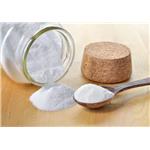
US $1200.00-1100.00/ton2025-11-06
- CAS:
- 144-55-8
- Min. Order:
- 1ton
- Purity:
- 99%
- Supply Ability:
- 1000T/M

US $10.00/ASSAYS2025-08-17
- CAS:
- 144-55-8
- Min. Order:
- 1ASSAYS
- Purity:
- 99%
- Supply Ability:
- 1 ton
